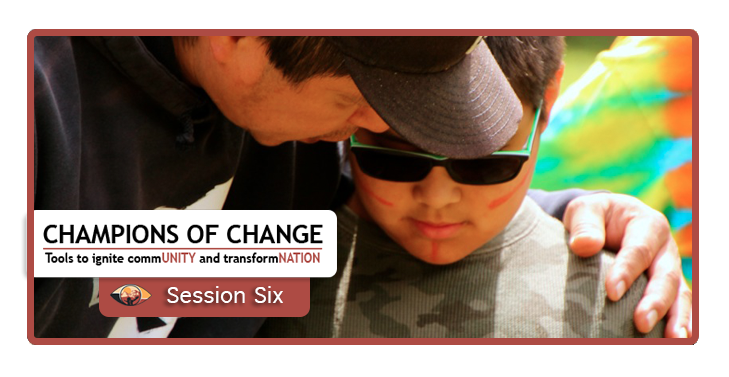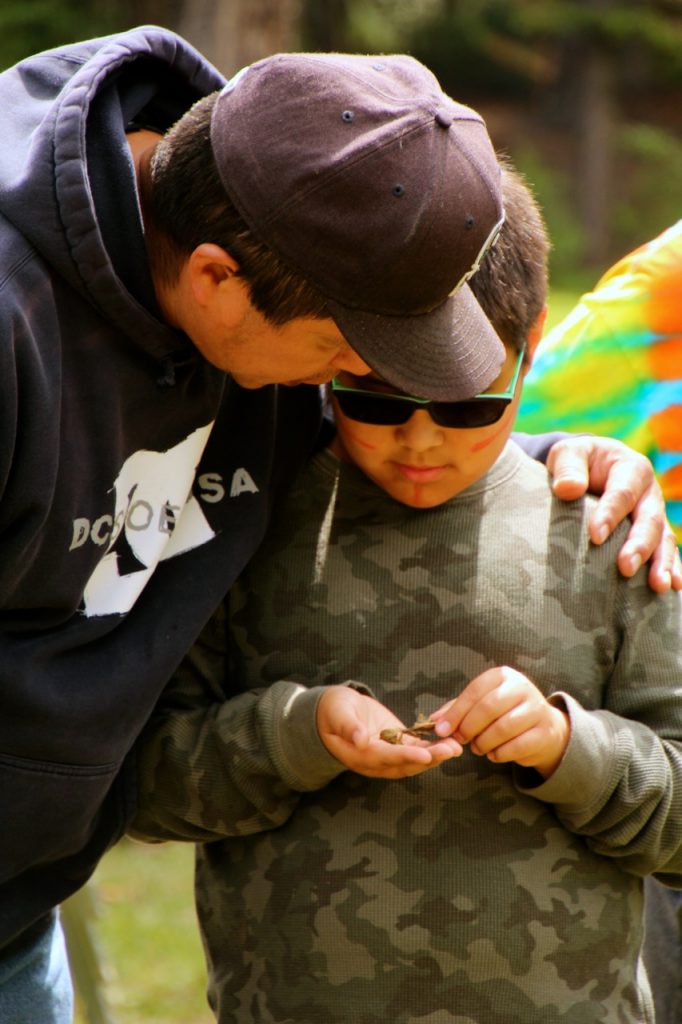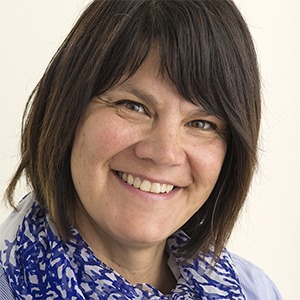Attachment Theory

Mar 10, 2020—West Kelowna, BC: Attachment theory aligns with Indigenous beliefs that relationality and connection are vital to psychologically whole and healthy humans. Indigenous values place enormous importance on community and the power of acting together.

Children become attached to adults who are sensitive and responsive in social interactions with them, and who remain as consistent caregivers for some months during the period from about six months to two years of age. During the latter part of this period, children begin to use attachment figures (familiar people) as a secure base to explore from and return to. Parental responses lead to the development of patterns of attachment; these, in turn, lead to internal working models which will guide the individual’s feelings, thoughts and expectations in later relationships.
Indigenous communities have tremendous collective wounds due to colonial policies that fragmented and continue to fragment all relationships. These attachment wounds are socially transmitted in behavioral patterns both intergenerationally and laterally.
Disconnection and mis-attunement in relationships undermine both leadership within Indigenous communities, and reconciliation efforts from non-Indigenous society.
Bridge relationships across the generations and sectors.
Champions of Change provides tools to foster snaqsilxw (“sharing one skin”); the sense that all beings are interconnected, encompassing self, other, community, and the land.

The concept of way̓ p cyʕap (way-chee-apt) is that everything is possibility, we are capable people and when we come together we can make things happen. We are stronger when we work in unity, and we are the bridge between past and future.
“If you go alone you go faster; if you go together you go further.”
Join us March 16th & 17th for Module 4: Connection to Team. In these two days traditional and contemporary models of transformation are explored. We will discuss the changes that we want to foster in our workplace, in teams that we are part of. We will explore questions like:
· What fosters a healthy high functioning team? What gets in the way?
· How do we unite our people across differences as we navigate our intersectionalities, personalities and histories?
We will receive tools for ‘ritualizing into practice’ the new habits and healthy patterns of communication to build strong teams that can help us achieve the goals and changes we are striving to make in our communities.
“In my 15 years of teaching, that was one of the best workshops I have ever attended. I left feeling like I was in the most safe, welcoming learning environment and I could slow down and learn.” – C.W.

Because we use a coach approach, we focus on the needs and priorities that arise from the specific group assembled for each workshop – so the topics covered in the sessions are both responsive and fluid. You can jump in at any point in the series and still benefit deeply – whether you take one or all of the workshops.
Facilitated by our Program Director Kelly Terbasket

IndigenEYEZ Program Director Kelly Terbasket has a contagious laugh, a talent for connecting people, and a passion for the power of community. With more than 20 years managing community projects, Kelly is known in First Nations throughout BC for her inspiring workshops on everything from team building to strategic planning to effective leadership. As a person of mixed heritage, Kelly has been bridging distinct worlds all her life, learning to weave together the strengths of her Syilx and European ancestry.
With additional facilitation support from:
Kim Haxton, Deb Crow, Allan Thomas Lindley, and Bill Cohen

WORKSHOP DATE:
Monday, March 16th & Tuesday, March 17th
9:00 am – 4:30 pm
COST: $150 / workshop
Lunch will be provided for each session
with gluten-free and vegetarian options.
LOCATION:
Westbank First Nation Health and Wellness Building: The Siya Room
1900 Quail Lane, West Kelowna
Follow Up Workshop Dates:
April 17th, with two sessions of land-based learning
in May (dates TBD)
QUESTIONS?
contact Anni Phillips at inspire@IndigenEYEZ.com or 250-328-9634
